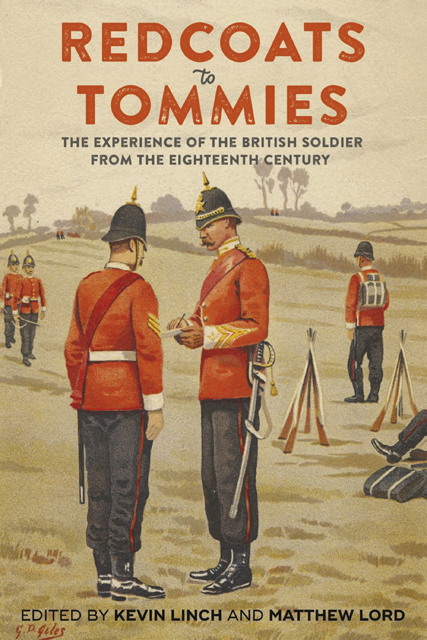2 - From Party of Order to Gentlemen’s Plaything – Rural Identity and the British Yeomanry Cavalry
Published online by Cambridge University Press: 17 January 2023
Summary
As an island nation, Britain has always looked to the sea as its first line of defence. Nonetheless, the fear of invasion and internal disorder also stimulated a number of waves of defensive movements on land. Amateur soldiering in Britain is a long-established tradition driven largely by the country’s enduring distaste for compulsion and the maintenance of a large standing army. The bodies falling under this banner have been many and varied, and can be traced back at least as far as the sixteenth century, but they exploded in number and strength during the Revolutionary and Napoleonic Wars with France. This explosion had a number of drivers, from state encouragement to self-interest, but two particularly interesting aspects of this broad movement were its voluntary nature and the way forces were raised to meet the needs and circumstances of distinct groups within British society. One of those forces, raised in 1794 as a direct reaction to internal and external threats to the state, is the focus of this chapter: the Yeomanry Cavalry, unique not only in establishment, composition and role, but also because it was the sole survivor of the final peace with France in 1815. This chapter explores the central importance of rural identity to this force and how this underpinned the legislation under which it was raised. It will go on to explore how and why this identity held relevance throughout the long nineteenth century, both as something created and fostered by regiments as well as recognised and manipulated from the outside.
The Yeomanry Cavalry represented one of a number of attempts by William Pitt’s government to harness loyalism at home and mobilise the broader population in support of the state during the War of the First Coalition. Uniformed, drilled and armed at least under central government direction if not always direct funding, these men took on responsibilities in the state’s interest. Nonetheless, this mobilisation was never a one-sided arrangement and very much relied upon give and take between citizen and state. Eschewing compulsion meant accepting service from citizens in a multitude of ways, each fitting social or regional needs. Conditions of service and expectations of contribution naturally varied between these forces, driven by what was offered by citizens and what was seen to be politically expedient – and safe – to accept by the standing government.
- Type
- Chapter
- Information
- Redcoats to TommiesThe Experience of the British Soldier from the Eighteenth Century, pp. 40 - 57Publisher: Boydell & BrewerPrint publication year: 2021



